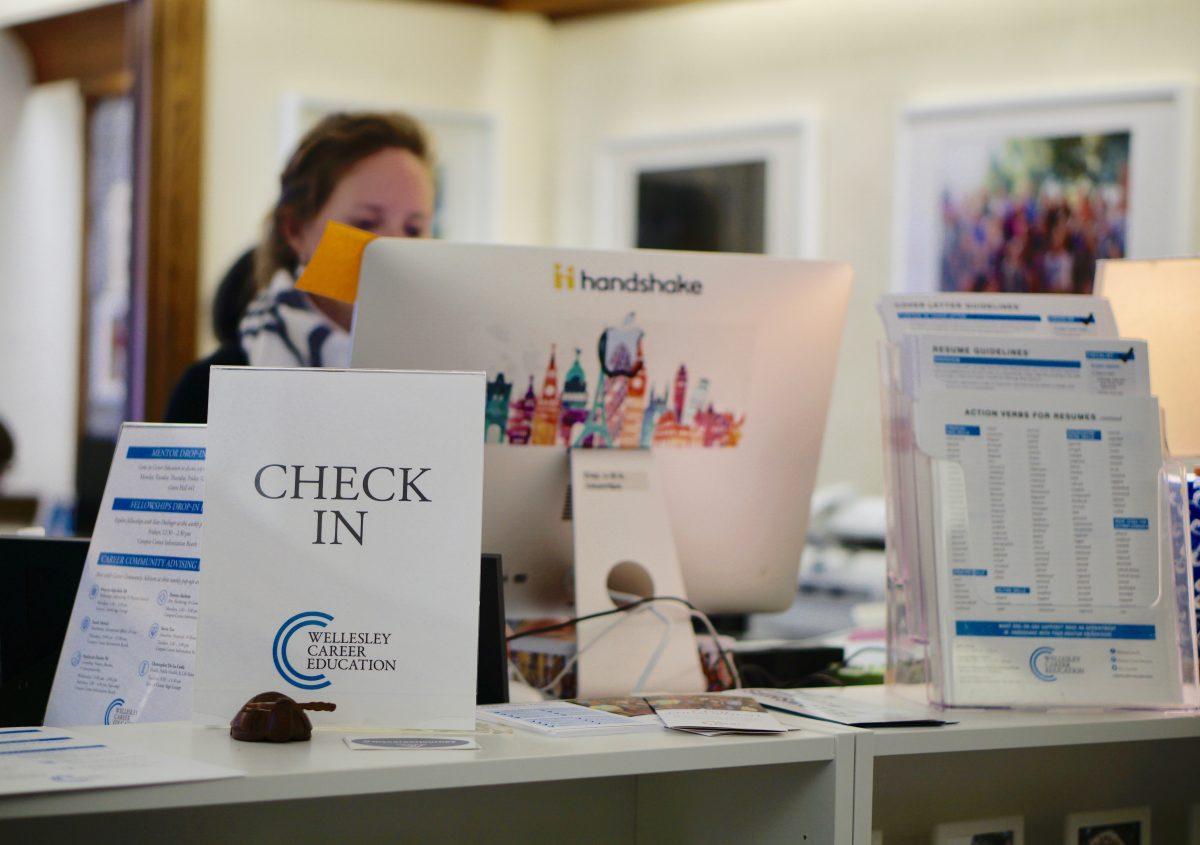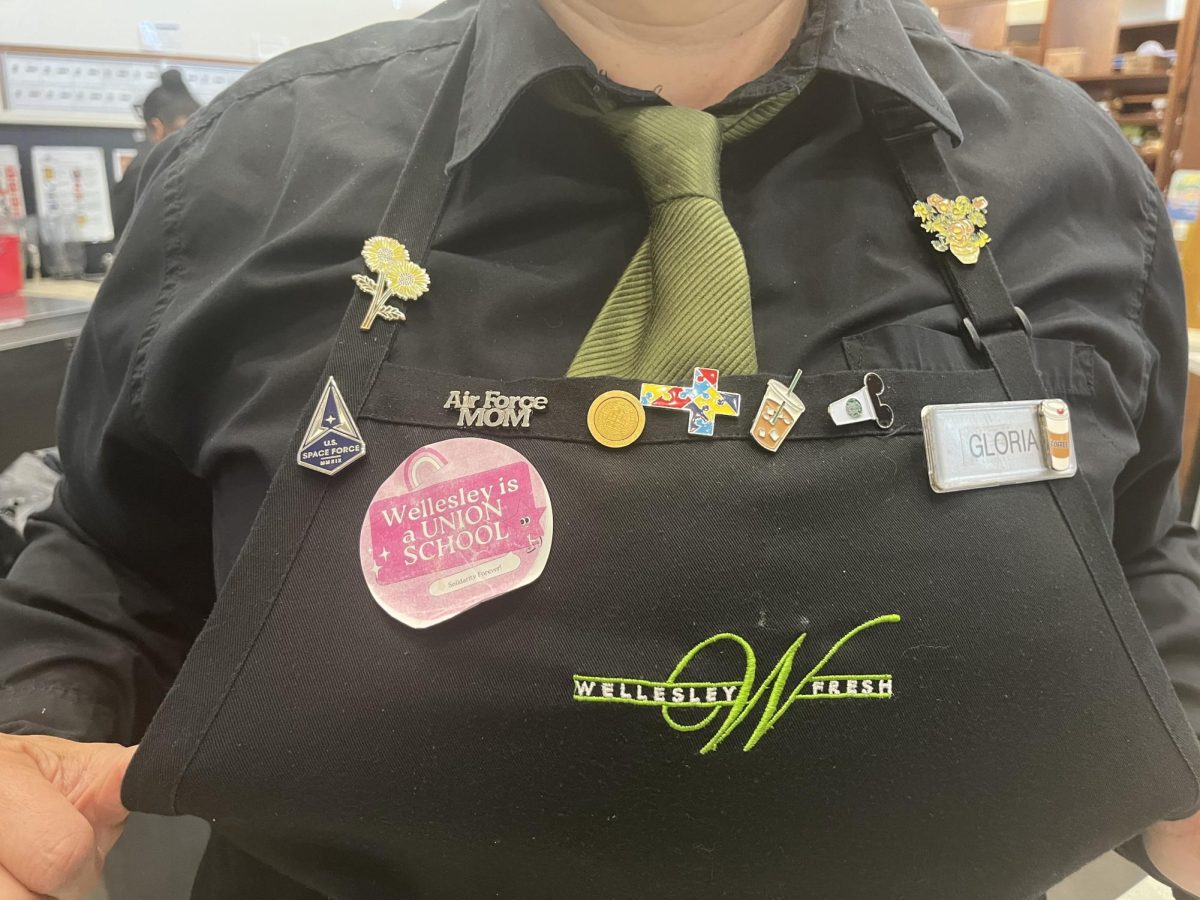The Mission Hill Afterschool program (MHAP) is the largest and oldest student-run afterschool program in the Boston area, according to their website. It is one of dozens of programs run by the Phillip Brooks House Association (PBHA), a century-old student-run nonprofit affiliated with Harvard University.
Through these programs, Harvard and Wellesley students work in public schools in the under-resourced Mission Hill and Chinatown areas. Each elementary or middle school child in one of these programs is paired with a personal counselor from Harvard or Wellesley who helps them with their homework, and with whom they build a personal relationship that often lasts several years.
Until last spring, these PBHA programs were financially supported by the Civic Engagement program, which is part of Career Education at Wellesley.
“Starting from last spring, we were told that they were not going to be supporting us anymore,” explained Sophie Wang ‘19, a supervisor in MHAP.
“The two main impacts are that we don’t get Wellesley vans that can drive us to the site, and people who are on work study can’t count it towards that,” Wang said.
Now, students who want to continue on as counselors for the Mission Hill or Chinatown Afterschool programs must find their own transportation. That could mean taking the Peter Pan bus and then taking the T, or finding a friend with a car to help out. But the difficulty of transportation—along with the lack of work-study funding—means that enrollment in these programs is dropping.
The Civic Engagement program explained to the students involved in PBHA programs that they would no longer be funded due to liability issues, according to Wang.
Vivian Yu, ‘19, who has worked with Chinatown Afterschool and its sister program Chinatown Big Sibs, said that the reasons Civic Engagement gave were “vague.”
“They for some reason think that PBHA as an organization is not a good, sound organization. They keep saying that we’re not following Massachusetts State law, that we’re a huge liability,” Yu said.
“Wellesley’s Civic Engagement program is placing its resources in programs where we have partnership in the oversight of student training and program supervision, especially in situations where our students serve children and other vulnerable populations,” Erin Konkle, director of Civic Engagement, explained in an email. PBHA programs are not under direct Wellesley College supervision. Wellesley resources will now go towards service programs in St. Stephens, Framingham Public Schools and the Boston Chinatown Neighborhood Center.
“I’m not saying those programs are bad, it’s just in order for those programs to be created, they also had to take away resources somewhere else,” said Wang. “But people still do go.”
In the Mission Hill program, around 40 of the about 100 college students who participated last semester came from Wellesley, according to Wang. Now, that number has gone down to about 20. That could pose a problem not just for Wellesley students who want to serve, but for the Mission Hill program as a whole.
“I know that they [Harvard] do have trouble getting people on their campus to be interested, which has not been an issue at Wellesley,” said Wang.
Yu can tell the story of the counselor-student bond from both sides: when she was in fourth grade, she was mentored by a Wellesley student who worked with Chinatown Afterschool.
“That was actually the reason why I decided to go to Wellesley!” she said. “Because my favorite counselor—her name was Shirley, I’m friends with her on Facebook—she was just, like, a badass. She was just basically my role model.”
Chinatown Afterschool changed Yu’s life. “When I was in fourth grade, I didn’t even really know what college was. But I was like, ‘I want to go there, because Shirley goes there, and I love her!’”
Although the future of these programs is unclear, the students who have been running them for years are determined to find ways to work around the lack of transportation and work-study money to keep making these connections with the kids they’ve grown to know and love.
“I think the worst part is that kids who really do value these one-on-one relationships that they’ve developed with people no longer can see them,” Wang said. “And they don’t know why. It has nothing to do with them, but they’re being negatively affected, because of this institution’s decision.”
Both Wang and Yu intend to stay involved with their respective after school programs for the foreseeable future.






